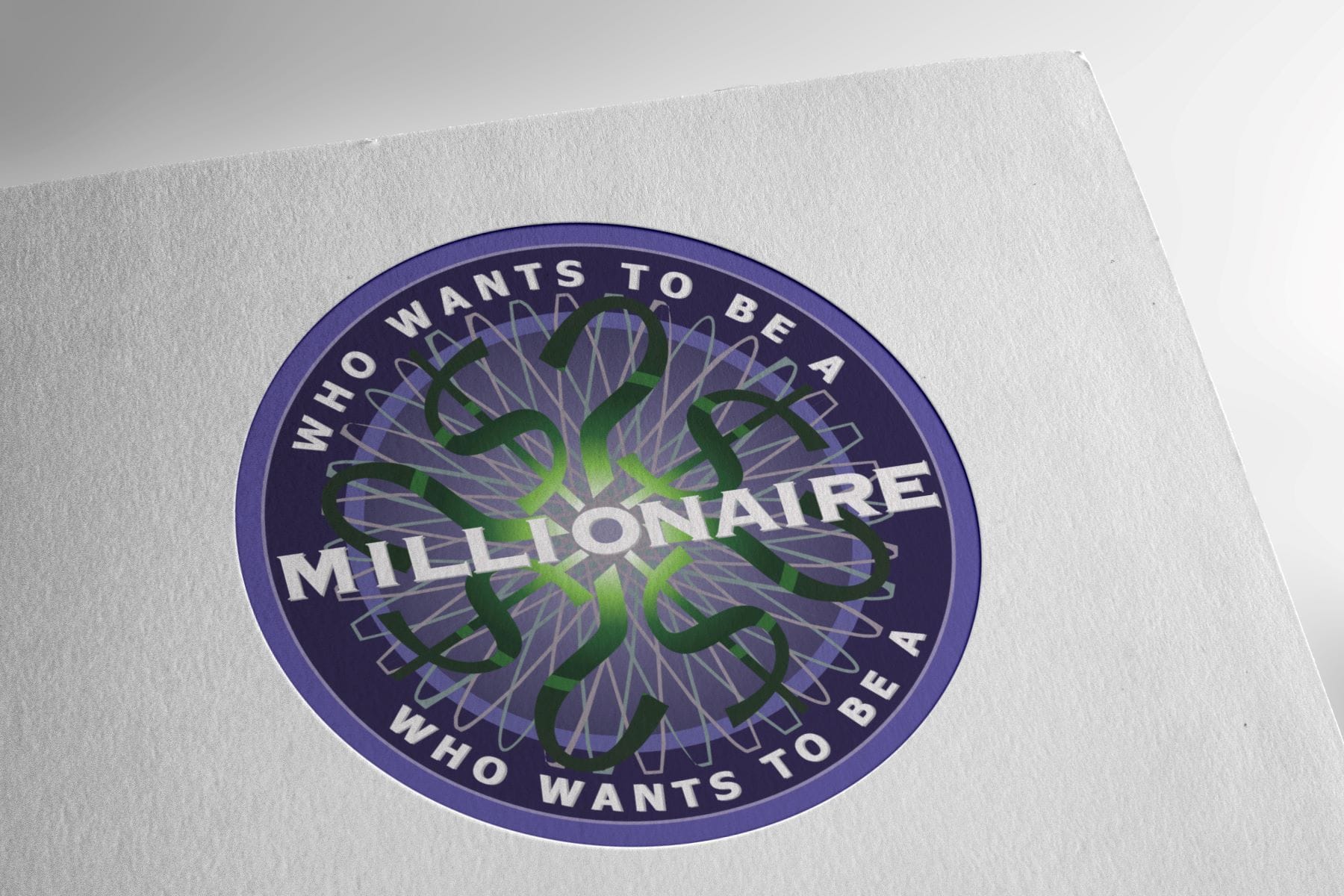Celador’s $320M Victory in Profit-Sharing Dispute Against Disney
A fierce legal battle between Celador and Disney over profits from 'Who Wants to Be a Millionaire?' highlights Hollywood accounting and corporate accountability.
Updated on
The legal battle between British production company Celador and media giant Disney centered on allegations that Disney failed to honor a profit-sharing agreement for the hit television series 'Who Wants to Be a Millionaire?'. Celador argued that Disney used creative accounting practices to underreport revenue and avoid paying the production company its rightful share of the profits.
According to the 1999 agreement, Disney subsidiaries ABC and Buena Vista Television were responsible for distributing the show, which became a global phenomenon. However, despite Millionaire generating billions in revenue, Disney reported that the show had failed to turn a profit—a claim Celador called deceitful.
Roman Silberfeld, Celador’s lead attorney, stated during the trial, “Disney took advantage of its corporate structure to retain profits that rightfully belonged to our client.”
The Trial
The six-week trial in Los Angeles federal court revealed the inner workings of Hollywood accounting. Celador presented evidence showing that 'Who Wants to Be a Millionaire?' generated approximately $1.8 billion during its peak run. The company’s executives testified that they had relied on Disney to act in good faith when reporting profits.
Disney’s defense rested on two key arguments: first, that Celador had agreed to the financial terms at the outset and was fully aware of the risks; and second, that its accounting practices complied with industry norms.
However, Celador's legal team argued that Disney funneled profits internally between its subsidiaries—specifically ABC and Buena Vista—to obscure the true earnings. Testimony from Celador executives and financial experts helped build a compelling case of systemic underreporting.
The Verdict
The jury found in favor of Celador, awarding $320 million in damages. This included $269.4 million in compensatory damages and $50 million in punitive damages, reflecting the jury’s belief that Disney’s actions were intentional and egregious.
Following the verdict, Celador expressed satisfaction with the outcome. “This decision affirms that no company, no matter how large, is above the law,” said Silberfeld.
Disney, meanwhile, signaled its intent to fight the ruling. A spokesperson commented, “We strongly disagree with the verdict and are evaluating our options, including a potential appeal.”
What’s Next for Disney?
Disney’s anticipated appeal will likely focus on the trial’s procedural elements and the calculation of damages. Legal experts suggest the company may argue that the punitive damages were excessive or that the court misinterpreted certain aspects of the agreement.
This case underscores the importance of transparency in profit-sharing arrangements, especially in Hollywood, where revenue can be diverted through intricate corporate structures. Analysts believe the ruling will prompt studios and production companies to reassess their accounting methods and renegotiate contracts to avoid similar disputes.
For Celador, the ruling represents a vindication of their claims and a significant financial windfall. More broadly, it serves as a warning to other industry players about the consequences of breaching contractual obligations.
The $320 million award may also set a precedent for similar cases in the entertainment industry, ensuring that profit-sharing agreements are taken seriously and implemented in good faith. While Disney's appeal may prolong the resolution of this case, the verdict already stands as a powerful statement about accountability in corporate partnerships.


